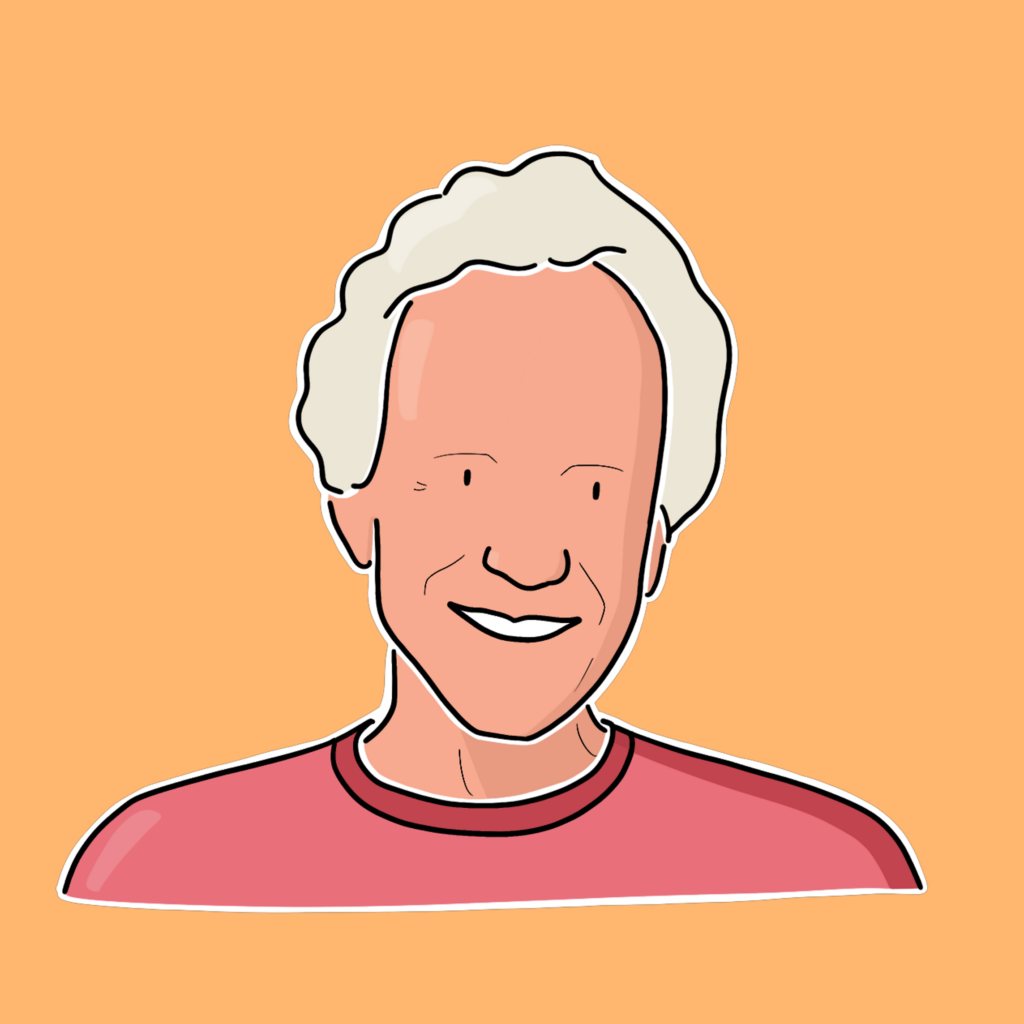

I caught up with my old friend, Mike Crawford while preparing a talk on research strategy. After a 30+ year career in academia, including 26+ years as a professor at U Texas at Austin, Mike joined a technology start-up as CTO in Idaho in 2004 and subsequently spent nine years at Siemens as a Fellow Engineer, before finally retiring gracefully. His book Convective Heat and Mass Transfer, together with W.M. Kays and B. Weigand, is one of the leading graduate heat transfer texts.
During our conversation, I asked Mike to reflect on his extensive R&D experience and what advice he would give himself, if he were a new professor today. Here’s his five-point plan:
- improve your understanding of the 5-phase project management concept so that you can structure your research to get the most out of your people and resources. In particular, focus on
- the formulation of the project, which possibly involves some initial scouting work, where one becomes clear on the pull and the stakeholder(s)
- the project definition and planning where you map out the overall goal, intermediate milestones and the workplan and
- the project risk management (performance and control) so that you identify things that can delay your project before the occur and take any action to either reduce their likelihood of occurring or their impact on the project.
- improve your communication skills, the key to leading others and to dealing with non-scientists. Mike recommends Toastmasters, a venue where mostly non-academics participate. Before you head off to your local Toastmasters, here’s a blog I wrote on how to inject life into your presentations.
- take a course in business startups and entrepreneurship to help you understand how to make the most of any inventions and to learn how to marshall your project portfolio. These courses are typically taught in MBA programs.
- identify pulls from the market place – from customer(s) or other stakeholders. This helps to ease acquiring funding for your research and also provides motivation for the work. In some cases, you may be identifying pushes – if the program is an innovation that has yet to be thought of in the market place.
- formulate the value proposition for the programme – or for elements within your research programme (part how do it and part marketing survey for needs). This is key when seeking funding for your research.
He went on to note that all this links to one of Stephen Covey’s 7 habits for highly successful people: begin with the end in mind. Using this, the new professor can create a 5-year plan for building different capabilities to support different aspects of the program. This can synergistically create a whole that is greater than the sum of the parts. Over time, you will develop a reputation in industry for being flexible, on time and delivering relevant results.


